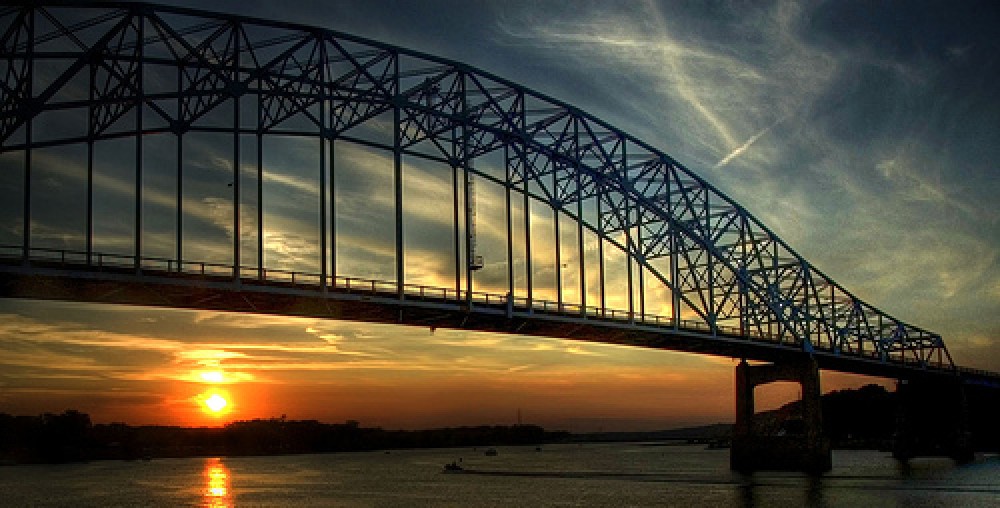It would be hard to imagine a more rancid collection of chisellers running a developed nation than the Fianna Fáil government which ran Ireland until a year ago. They were involved in corruption scandal after corruption scandal. And when Irish banks which had gambled on property (and donated to Fianna Fáil) got into trouble in 2008, Fianna Fáil, in a locked room, late at night and probably over a couple of drinks, guaranteed not only their deposits but the investments of their bondholders. The Irish public was put on the hook for billions of euros of bad investments. With one or two noble exceptions Fianna Fáil were, as a Dublin friend of mine put it, “Greedy, unprincipled gobshites”
In February 2011 the bums were kicked out. Fianna Fáil lost 24% of their vote and over 50 seats in the Dáil Éireann. They finished in third place and a coalition of Fine Gael and Labour swept into office with a record majority.
But what was any of it for? In what way was Ireland or its political life different after 2.2 million Irish men and women voted?
One of the most craven aspects of the Fianna Fáil government was its slavish obsequiousness towards the European Union. A party which claimed to be heirs to the nationalist spirit which is such a key part of the foundational myths of the Irish Republic, they gave Brussels whatever it asked for.
In June 2001 the Nice Treaty was put before the Irish people in a referendum. They rejected it. In the EU, votes and referendums don’t exist to discover the will of the people but simply to rubber stamp whatever decision the political elites have already taken. So the EU told the Irish to vote again and the gutless lackeys in Fianna Fáil facilitated it. The Nice Treaty passed at the second time of asking in 2002.
But Ireland’s constitutional requirement to put major changes to the Constitution to the vote remained. In 2008 the Lisbon Treaty was put before the Irish people and they rejected it. Again, the EU elites were dismayed that the people had given the wrong answer and Fianna Fáil was ordered to hold another referendum. The Lisbon Treaty passed at the second time of asking in 2009.
But any notion the Irish might have had that this supplication to a foreign power had ended with Fianna Fáil government has lately been rudely disabused.
The momentum behind the collapse of the Euro has proved less responsive to EU elite diktat than EU member governments. The latest useless attempt to stop it is the proposed ‘Treaty establishing the European Stability Mechanism’. In effect, this is simply a beefed up version of the old widely ignored and selectively enforced Stability & Growth Pact.
But in Brussels the Irish voters, unlike their politicians, have a reputation for thinking for themselves won in those two brief EU rejections. This makes giving them a say very dangerous, so the EU is looking at ways it can avoid doing so.
And, disgracefully, the Fine Gael government is proving every bit as accommodating as Fianna Fáil ever was. Enda Kenny’s government believes that, legally, they can just about get away with the argument that the new treaty does not represent a large enough change to the Irish Constitution to necessitate a referendum. But there’s not much in it, the government is rehearsing its arguments ↑ for the eventuality that they are challenged on this point in court.
That’s how democracy works between the EU and Ireland. The EU and its servants in the Dáil either give the Irish people too many votes or none at all.
Ireland is not the only country whose political class is acting on the bidding of Brussels rather than its people. The new EU imposed Italian government contains no elected officials and the Germans want the EU to take control of Greek fiscal policy away from the Greek government.
This represents a real danger for Europe. How long will the peoples of European nations tolerate a situation where, whoever they vote for, they end up being run by the EU? Democracy is never more vulnerable then when it is seen to be dysfunctional.
For their part the Irish might have expected rather different treatment after handing Fine Gael a landslide last year. But that’s democracy in the EU for you. It was never better described than by The Who ↑ ; “Meet the new boss, same as the old boss”
This article originally appeared at openDemocracy




